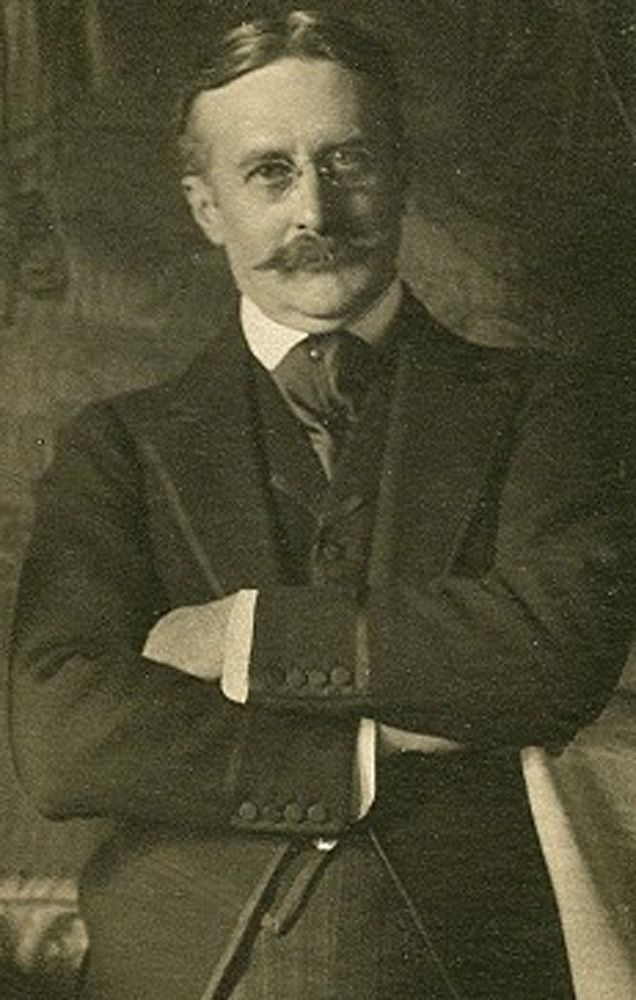Harry Gordon Selfridge frases e citações
Harry Gordon Selfridge: Frases em inglês
The Romance of Commerce (1918), A Representative Business of the Twentieth Century
The Romance of Commerce (1918), A Representative Business of the Twentieth Century
The Romance of Commerce (1918), A Representative Business of the Twentieth Century
The Romance of Commerce (1918), A Representative Business of the Twentieth Century
The Romance of Commerce (1918), A Representative Business of the Twentieth Century
The Romance of Commerce (1918), A Representative Business of the Twentieth Century
The Romance of Commerce (1918), A Representative Business of the Twentieth Century
The Romance of Commerce (1918), A Representative Business of the Twentieth Century
The Romance of Commerce (1918), A Representative Business of the Twentieth Century
The Romance of Commerce (1918), A Representative Business of the Twentieth Century
The Romance of Commerce (1918), A Representative Business of the Twentieth Century
The Romance of Commerce (1918), A Representative Business of the Twentieth Century
The Romance of Commerce (1918), A Representative Business of the Twentieth Century
The Romance of Commerce (1918), A Representative Business of the Twentieth Century
The Romance of Commerce (1918), A Representative Business of the Twentieth Century
The Romance of Commerce (1918), A Representative Business of the Twentieth Century
The Romance of Commerce (1918), A Representative Business of the Twentieth Century
The Romance of Commerce (1918), Concerning Commerce
The Romance of Commerce (1918), Concerning Commerce
The Romance of Commerce (1918), Concerning Commerce
The Romance of Commerce (1918), Concerning Commerce
The Romance of Commerce (1918), Concerning Commerce
